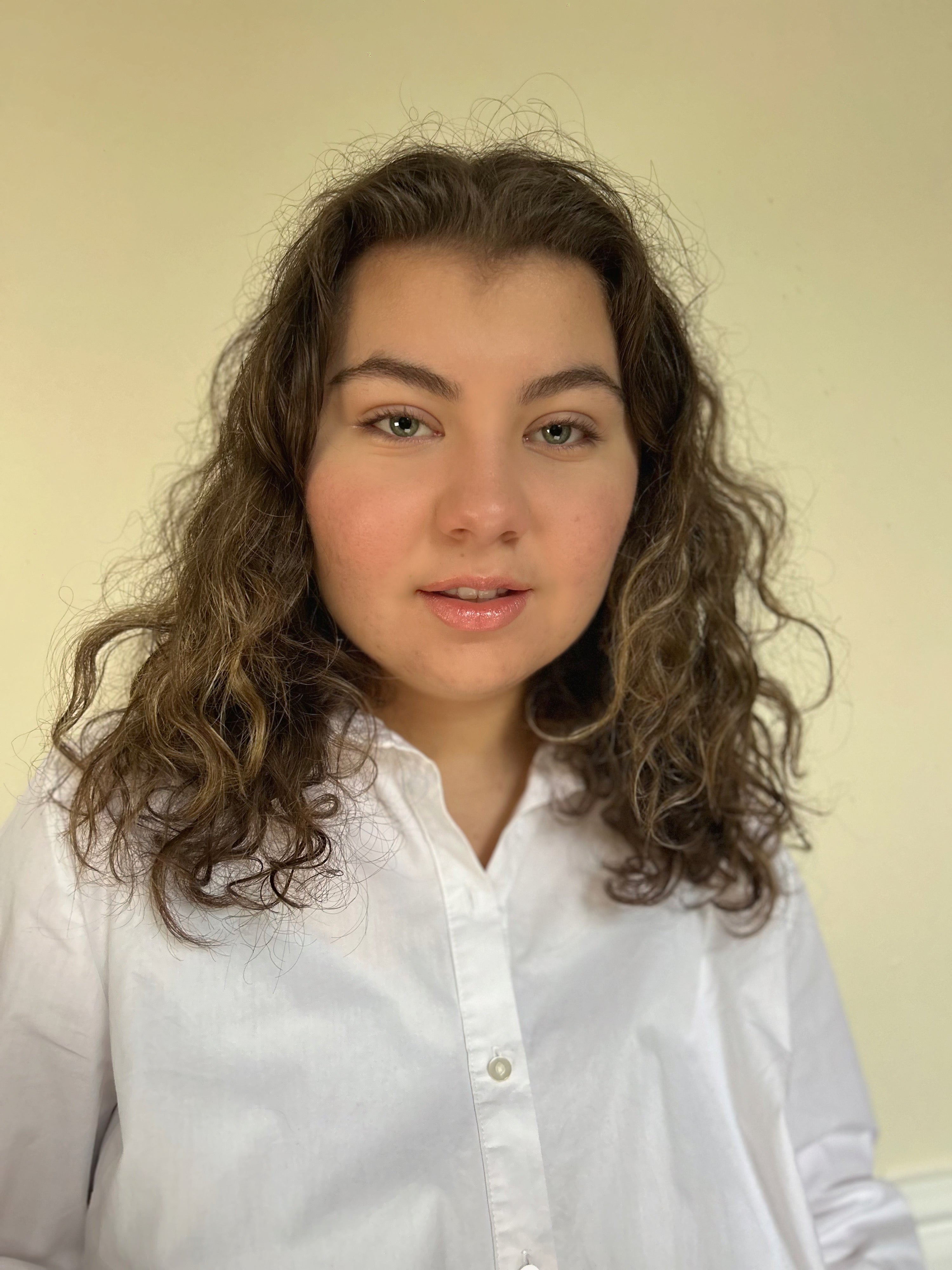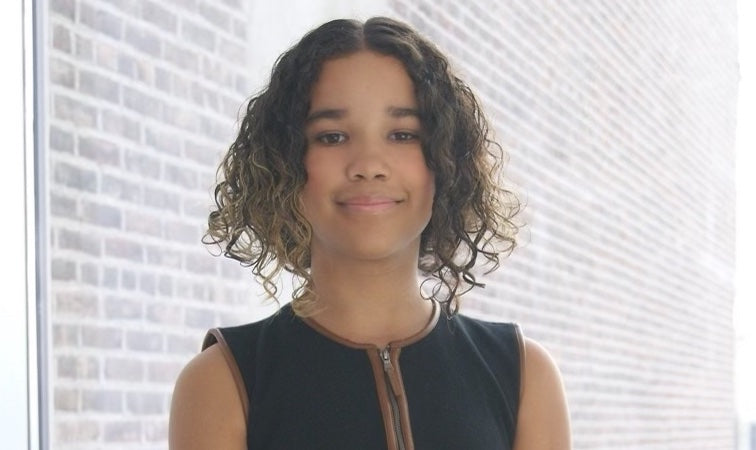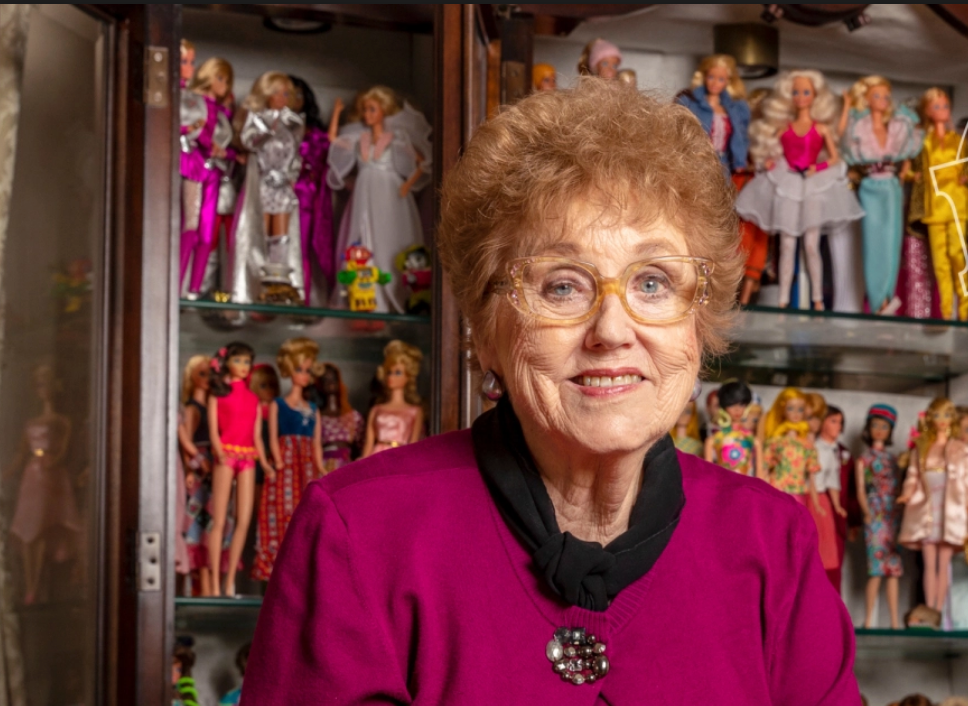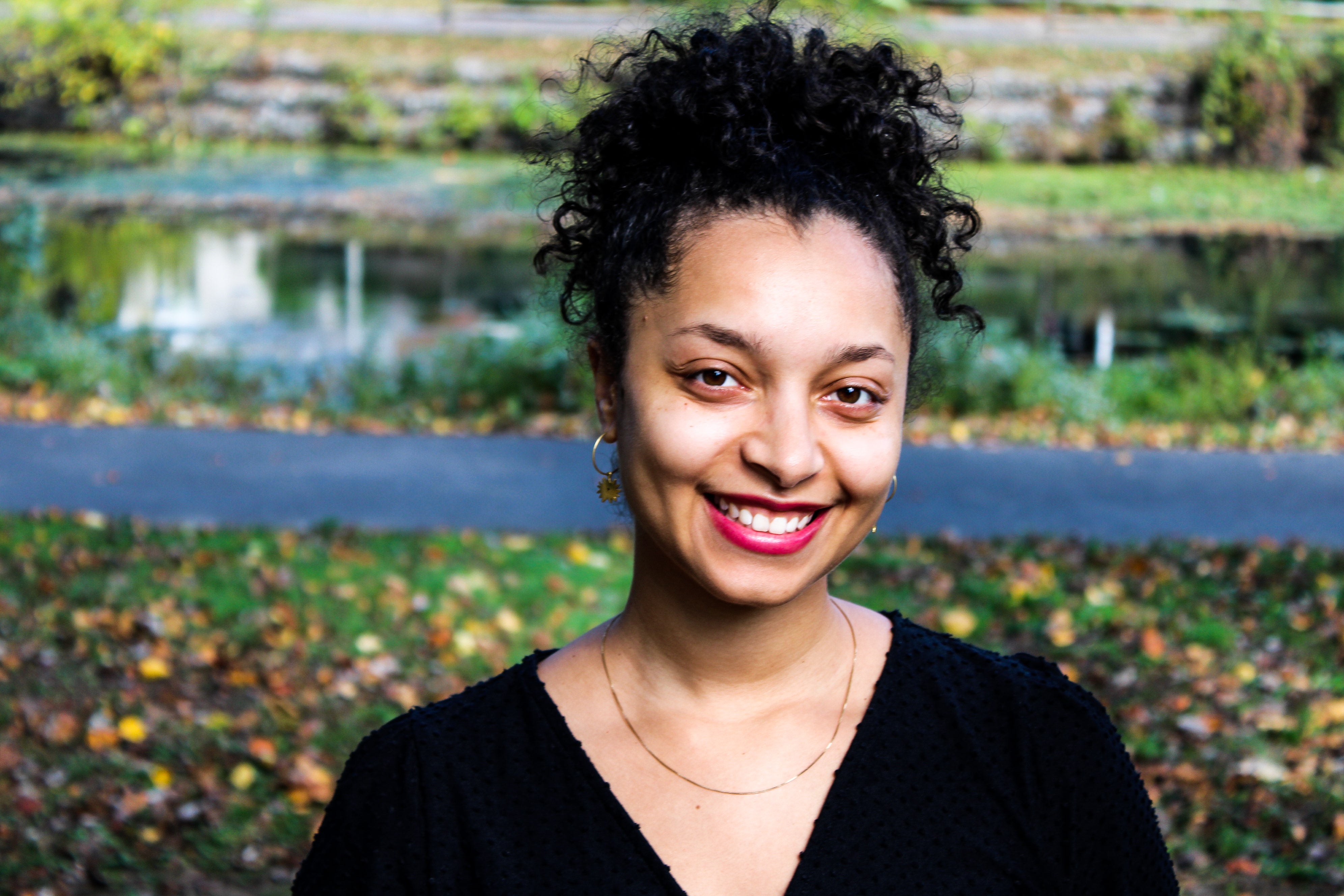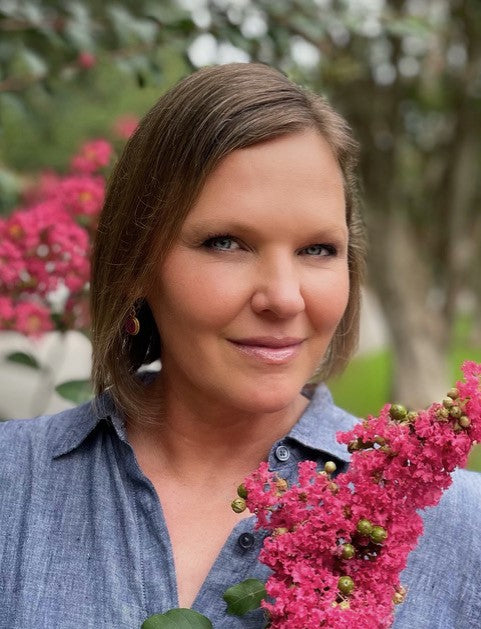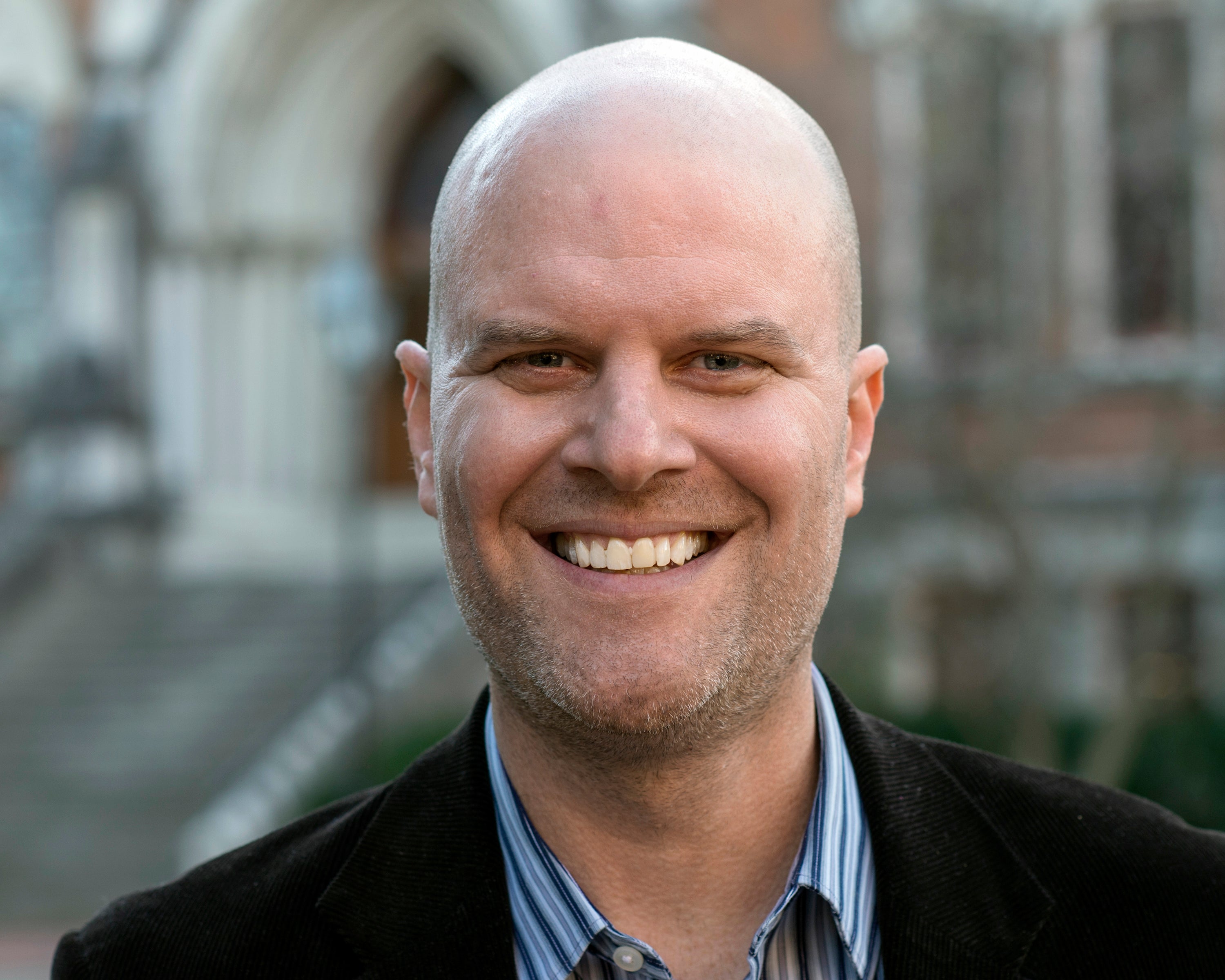Author: Lissa Evans
Author Bio:
Everything seems to happen twice as fast when I’m writing for children - the characters establish themselves more quickly and the plot leaps into gear in the first page. I think it’s because children don’t sit and brood in the way that adults do; they just get on with things, and this is reflected in the story, and in the speed with which I write it.
2. What was the most challenging part of writing a trilogy that can be read as standalones as well as out of order? And what is the most rewarding part?
The most challenging part is enabling the reader to understand what’s going on, without ladling on pages of backstory; I try and pare down the amount of explanation – you don’t have to try and explain everything that has happened in the other books, only those bits that are relevant to the current plot. And those explanations don’t have to come all at once – they can be scattered lightly throughout the text.
The most rewarding part is being able to return to characters whose lives and voices I know almost as well as my own.
3. What can new fans of your work expect in “V for Victory”?
‘V for Victory’ is a portrait of London and Londoners during the last winter of the Second World War. Amid the coldest weather in living memory, with V2s (‘Hitler’s Rockets’) causing daily destruction, the inhabitants of a boarding house try to cope with the grim present and shape a brighter future. It’s realistic and yet funny and hopeful.
4. What can tried-and-true fans of your work expect in “V for Victory”?
Four years on from ‘Crooked Heart’, we meet Vee and Noel again – now posing as a respectable aunt and nephew, but only ever a phone-call away from discovery. And when Vee witnesses a road accident and has to go to court, that peril draws even closer…
5. One of the things that readers love most about your work are your characters. What are some things that all great characters must possess in order to connect deeply with readers?
I think the only word that could possibly link all the greatest characters in fiction is ‘believability’. Within the context of their novel, they have to live, and their actions have to stem from their character, and not the other way round. Once an author really knows a character, that knowledge shapes everything about the book.
6. How important is “pacing” in storytelling? And what can authors work on to get better at this aspect of writing?
For me, the key to pacing is the ability to self edit. I try to write the sort of book that I enjoy reading, so if, at any stage, I start to find that a scene is dragging, or losing its point, then I need to cut, or redirect the plot.
7. What’s your best advice for getting over writer’s block?
When I get totally stuck it’s almost always because I don’t believe in the scene I was planning to write – it doesn’t ring true for the characters, or it feels like a filler, or it’s just plain dull. The best method I’ve found for shifting this block is to jump ahead and write a scene that I’m more confident about. I can usually then go back and start to bridge the gap.
8. What’s the best book you have read this year so far?
My favourite book so far this year is ‘Not at Home’, a wonderfully funny novel by Doris Langley Moore, set (and published) at the end of the war. It tells the story of a very respectable middle-aged woman who rents part of her house to the ghastly Antonia Bankes, possibly the worst lodger in the world…
9. Do you plan on writing more books in the future?
I’ve no plans to stop! I’ve just finished a children’s book and have started on another for adults, though I’m still paddling around in the early pages…
Places To Find More From This Author:
Twitter: @lissakevans
Website: https://lissaevans.com/
Get Your Copy of V for Victory Today!



